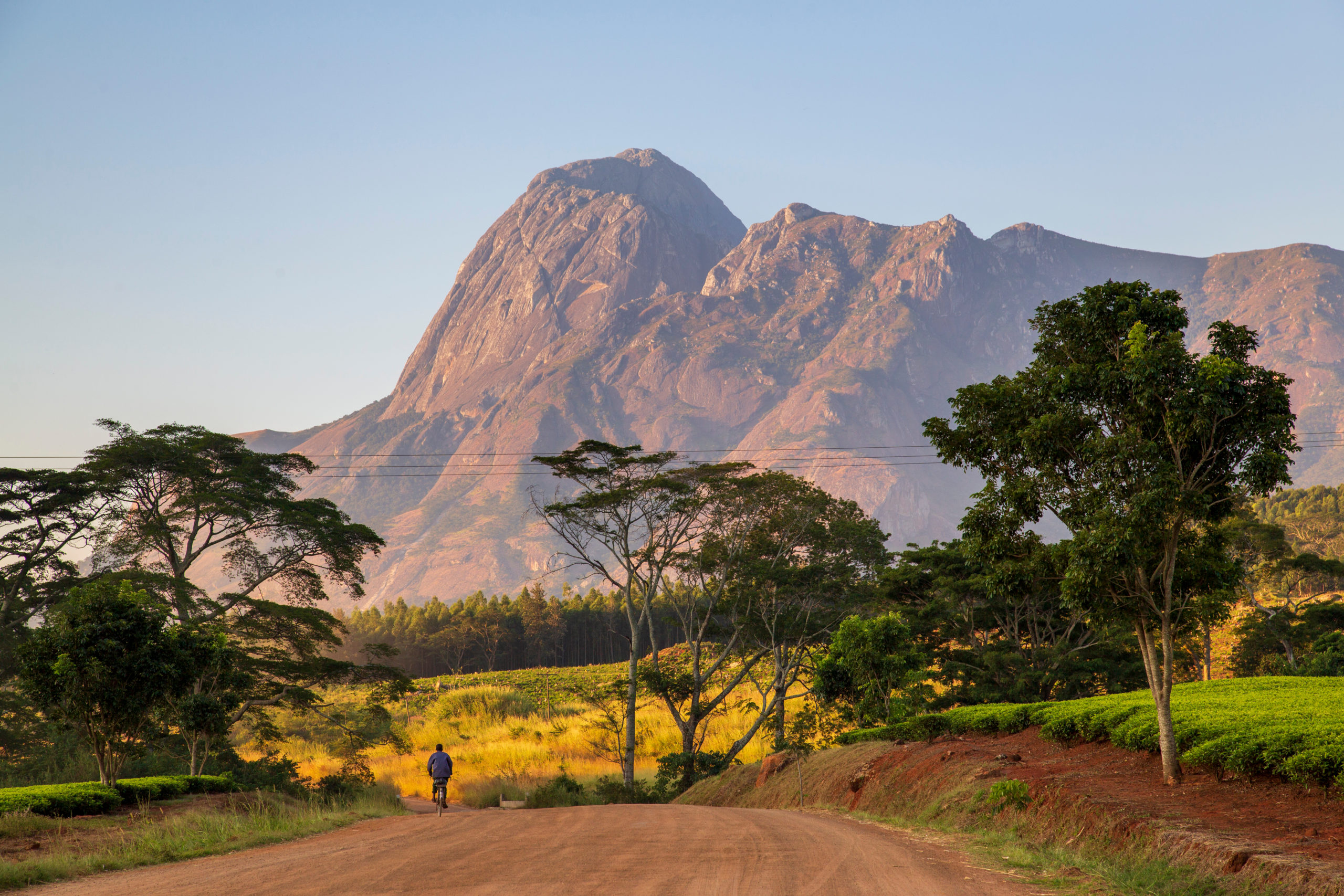
Malawi Joins Zimbabwe in Shift From Tobacco Farming To Cannabis
Malawi has just followed Zimbabwe in confirming an intended agricultural switch from tobacco to cannabis. Both countries do this for economic survival as the long-term viability of tobacco completely gives way to another culture.
This trend has several interesting aspects that go beyond the post-COVID transition to greener and more sustainable economies. It has long been accepted that once there were a few regions or countries that took the plunge, the cannabis legalization revolution would spread like wildfire. This phenomenon is clearly visible in the United States as more and more states move towards legalizing both medical and recreational use of the drug. While it’s a mantra repeated even by those who want to thwart reform, there is nothing anyone can do to stem what appears to be an escalating global trend.
Recently, however, since the last month, this phenomenon has been spreading around the world, affecting entire regions. In Central America, for example, Honduras and Nicaragua have expressed an interest in at least examining cannabis cultivation within a few weeks.
So does Zimbabwe and Malawi.
In Africa, this is far more interesting for the viability alone – as well as the dynamism that South Africa is clearly generating across the region, if not the entire continent. By declaring that cannabis is an important tool for economic development, they are clearly upping the ante. In South Africa, officials have begun planning work on a so-called “cannabis hub,” which will focus on everything from medicinal cultivation to phytoremediation. This clearly influences other countries regionally.
Both Malawi and Zimbabwe first announced that they would begin to transition from tobacco to cannabis cultivation during the pandemic. Now that intention appears to be shifting into higher gear in both countries as South Africa initiates a worldwide call for participation in their ambitious project.
Like Zimbabwe, Malawi earns the bulk of its foreign income from tobacco – in the latter case it contributes to over 60% of its economy. According to President Lazarus Chakwera, cannabis could be just the “exit strategy” from tobacco that the country needs.
The country does not border either South Africa or Zimbabwe, but lies north of them and shares a border with Mozambique (where cannabis is still illegal).
What this means regionally and globally
The fact that cannabis reform is now being increasingly touted as a form of development and foreign investment in several African countries (see also Morocco) is an interesting twist for several reasons that go beyond the issue of reform itself.
First, geopolitically, this strategic focus will attract more Western than Chinese capital. China has been a major investor in the African continent for much of this century, investing in roads and other vital infrastructure much needed here. But cannabis reform is clearly off the political table in China. While the country remains the world’s largest producer of hemp, it remains a crime to possess hemp seed even on an individual basis. For that reason, southern Africa’s renewed interest in cannabis is unlikely to attract Chinese interest – but it’s certainly attracting a lot of attention in the West.
Geopolitical issues aside, the reality remains that use of cannabis is increasing worldwide — for industrial, medicinal, and recreational purposes. However, as can be clearly seen in Europe, the costs of the regulated market still contribute to high prices that both insurers and consumers are unwilling to pay. A strong African cannabis market will play a big part in bringing those costs down — just like with tobacco.
Of course, that doesn’t mean this new focus is a panacea — in Africa, South or Central America — or even in Western countries like Greece that had the same idea.
However, this renewed interest in cannabis as a form of both economic development and environmental rehabilitation appears to mean that the world is moving towards legalization due to an inevitability that now cannot be halted or stopped.
It’s also a clear sign that the Prohibition era is crumbling — and not just country by country, but now by region.

Post a comment: